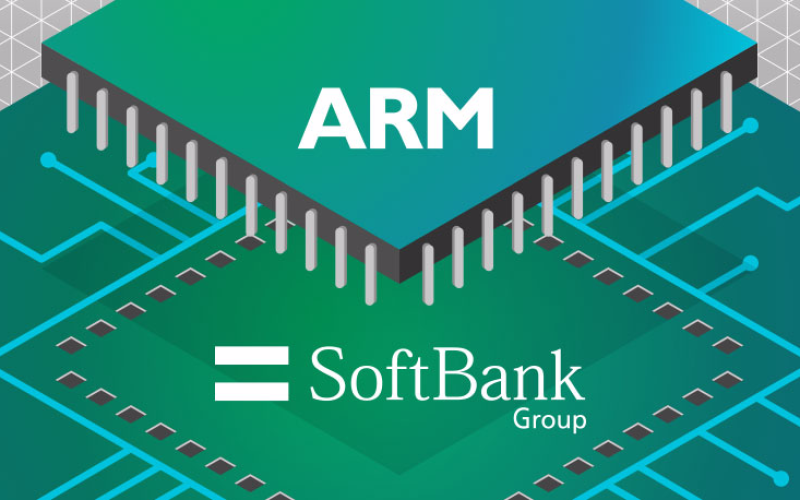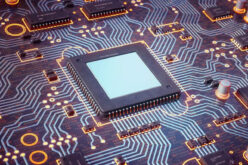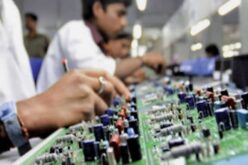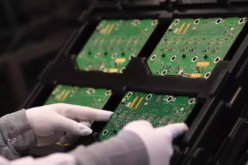ARM got its start because Wintel dominated the PC industry and Jorma Ollila, then CEO of Nokia which then ruled the mobile handset market made it his aim to see that Wintel would not dominate the mobile world.
The experience of having one company manufacture all the processors in an important market segment was so painful that, when ARM came along with a processor which multiple manufacturers could make in competition with each other, the world embraced it.
ARM’s intellectual property (IP) licensing business model gave inter-operability to the products in an industry segment without bestowing a monopoly control on any one processor manufacturer.
Licensees trusted ARM to deal with them all equally in order competed with each other on an equal basis.
And that worked well for 25 years until last week when ARM was bought by telecoms operator SoftBank.
Now, a number of questions arise:
Will ARM continue to deal with its customers in an equal basis?
And, just as important: Will ARM’s licensees continue to believe they will get fair and non-discriminatory treatment from ARM?
ARM’s massive stock of customer goodwill, built up over years of trustworthy trading, is on the line. If it starts to erode, the business model won’t work,
Those customers who have a choice – i.e. non-mobile customers like those making ICs for servers, IoT devices, industrial and consumer microcontrollers – may make other choices
And, if so, will that stymie ARM’s growth?
Will ARM start to compete with its customers? For years analysts have speculated that ARM may adopt the fabless model, or a part-fabless model, and start fabbing its own cores. That would also destroy the business.
Then, one wonders, now that ARM is owned by a large telecoms company, will ARM’s designers will be less motivated by the constant prod of competitive survival to keep on producing superlative cores.
Chip companies feel the footsteps of competitors behind them all the time, while telecoms companies behave more like utilities – secure behind their entrenched physical assets. Can, one wonders, a telecoms company make good decisions for a semiconductor IP company?
Furthermore, will UK universities and research houses be happy to work with ARM knowing that the results of the research will be owned by a foreign company? Particularly this applies to the mighty intellectual input from Cambridge University.
Cambridge’s intellectual contribution was a sine qua non while ARM was one of its progeny – it’s own flesh and blood. But now, absorbed by a giant foreign company, the automatic, unquestioning support of Cambridge may not be so forthcoming.
There are other questions:
Will turning the senior execs into multi-millionaires erode their competitive urges?
Will making senior execs financially independent encourage them to leave?
Will Softbank’s $120bn of debt and non-performing US telecoms assets mean ARM is starved of investment?
ARM’s aspiration, enshrined in its logo, was to be ‘The Architecture for the Digital World’. It was an expansive ambition in that it aspired to move from its base in mobile telephony into computers, servers, consumer and microcontrollers.
Apart from MCU, it is has not been successful in expanding, but ARM has been patiently managed for the long haul and it has gradually strengthened its position in these markets.
How patient will a heavily foreign indebted entrepreneur be?
Hermann Hauser who, back in 1990, organised the founding of ARM as a jv between Apple, VLSI Technology and Acorn backed by £1.75m of capital, said: ‘I regret the fact we have lost our last independent high-tech company with a global reach. There was no reason for change. It had £1bn of cash.”
26 years later that £1.75m has multiplied 13,714x to be worth £24bn. It may, as Hauser says, be a sad day for Britain, but he created one of the greatest financial successes in the history of the technology industry.
SoftBank is going to have to be very, very careful.















